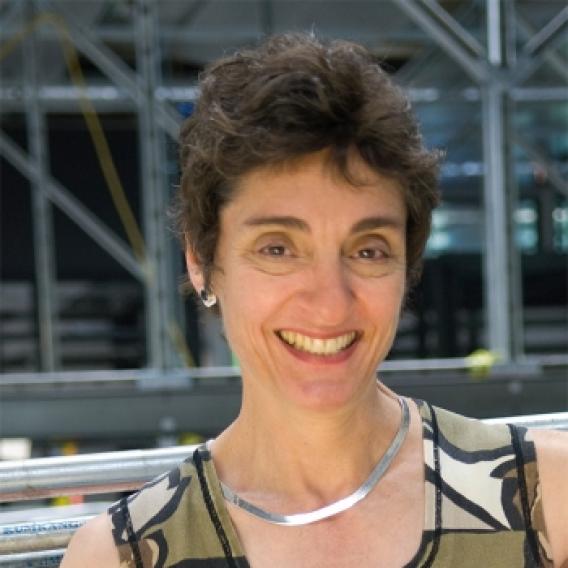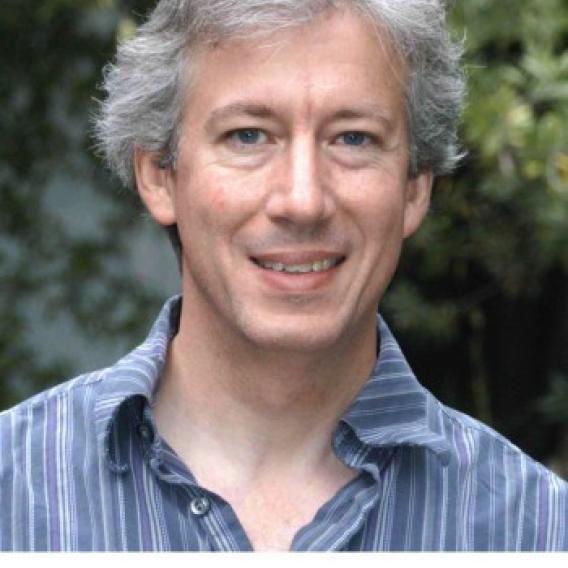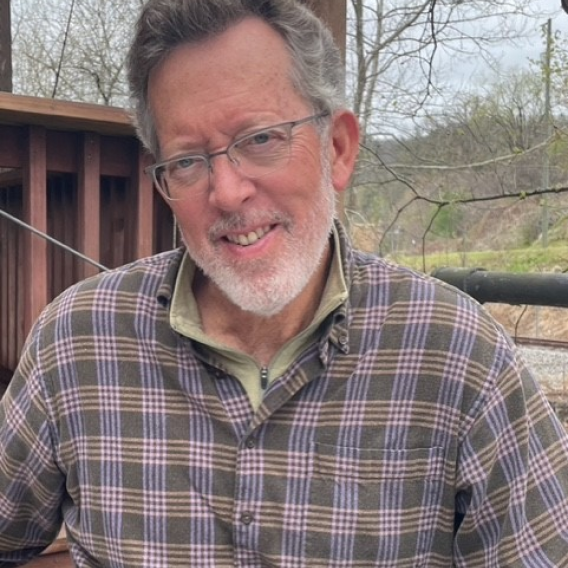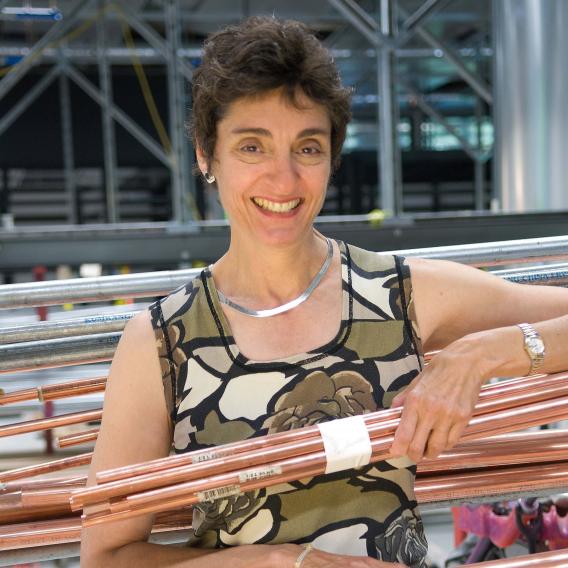Event Details:

Join the speaker for coffee, cookies, and conversation before the talk, starting at 2:45pm.
Does neural development have lessons for Alzheimer's disease?
Abstract
During brain development, circuits form sequentially, initially by creating a basic scaffold of connectivity according to strict molecular guidance cues. Subsequently the final details of each circuit emerge by pruning and sculpting synapses. This synapse selection process is also genetically specified but in this case the program requires neural activity. Prenatally, the brain generates its own internal neural activity patterns to jump-start the sculpting process. Postnatally, experience of the world takes over to sharpen brain wiring during critical periods. Neural activity and sensory experience regulate expression of sets of genes including several previously thought to act only in the immune system. These genes, including Major Histocompatibility Class I family members and a cognate receptor Paired immunoglobulin-like receptor B (PirB), are expressed in cortical and hippocampal neurons and are required for activity-dependent synapse pruning and plasticity. Memories are stored at synapses and circuits, which are lost and destroyed in Alzheimer's disease (AD). Unexpectedly, PirB and its human homolog LilrB2 not only bind MHCI molecules, but are also high affinity receptors for soluble oligomers of beta amyloid. In human cerebral cortex, LilrB2 is expressed in neurons and at excitatory synapses, and is also present in neurons in human cortical organoids. It could be that well before amyloid plaque formation, excessive levels of soluble beta amyloid put normal synapse pruning mediated by PirB/LilrB2 into overdrive. PirB KO knockout protects AD model mice from cognitive loss and alterations in Hebbian synaptic plasticity. Thus, changes in expression and/or function of these molecules may contribute to synapse pruning disorders in neurodegenerative disease, as well as in development. Supported by NIH EY02858, NIA AG065206, Mathers Charitable Foundation, Sapp Family Foundation, Phil and Penny Knight Stanford Initiative for Brain Resilience.
Carla Shatz, Ph.D.
Stanford University, Bio-X
Carla J. Shatz is Sapp Family Provostial Professor of Biology and Neurobiology and the Catherine Holman Johnson Director Emerita of Bio-X, Stanford University’s pioneering interdisciplinary biosciences program. She received her B.A. in Chemistry from Harvard College in 1969, an M.Phil. (Physiology; 1971) from University College London as a Marshall Scholar, and a Ph.D. (Neurobiology; 1976) from Harvard Medical School. Shatz joined the faculty at Stanford in 1978, then moved to University of California Berkeley in 1992, and in 2000 to Harvard Medical School as the first woman Chair of the Department of Neurobiology. She returned to Stanford in 2007 to direct Bio-X. Dr. Shatz's research is devoted to understanding the dynamic interplay between genes and environment that shapes brain circuits - the very essence of our being. She served as President of the 40,000+ member Society for Neuroscience and on many advisory boards including the Howard Hughes Medical Institute Medical Advisory Board, the National Advisory Councils of NINDS and NIMH, the Council of the National Academy of Sciences, the Governing Board of the National Research Council and the Burroughs Wellcome Fund Board of Directors. Shatz has earned many honors and awards, including election to the National Academy of Sciences, the American Philosophical Society and the Royal Society of London. She received the Gruber Neuroscience Prize in 2015. In 2016, she was the recipient of the Champalimaud Vision Prize, and also the Kavli Prize in Neuroscience for the discovery of mechanisms that allow experience and neural activity to remodel brain circuits.
Hosted by - Stephen Baccus (Baccus Lab)
Sign up for Speaker Meet-ups
Engagement with our seminar speakers extends beyond the lecture. On seminar days, invited speakers meet one-on-one with faculty members, have lunch with a small group of trainees, and enjoy dinner with a small group of faculty and the speaker's host.
If you’re a Stanford faculty member or trainee interested in participating in these Speaker Meet-up opportunities, click the button below to express your interest. Depending on availability, you may be invited to join the speaker for one of these enriching experiences.
Speaker Meet-ups Interest Form
Eric M. Shooter Lecture
Dr. Eric M. Shooter was an emeritus professor of neurobiology at Stanford University's School of Medicine, the inaugural chair of the Neurobiology department, and a valuable mentor to the community. Renowned globally for his contributions to neurobiology, Shooter's research focused on the structure and function of neurotrophins, essential proteins for the survival of nerve cells. His work could lead to nerve regeneration in individuals with spinal cord injuries and help combat neurodegenerative diseases. Despite his passing in 2018, his positive impact on the neurobiology field and the neuroscience community of Stanford continues on.
In 2007, the annual Shooter lecture, co-hosted by Wu Tsai Neurosciences Institute and Department of Neurobiology, was established to continue Shooter's legacy of nurturing Stanford's neurobiology community. Integrated into the Wu Tsai Neuro Seminar Series, these annual Shooter lectures particularly focus on neurobiology topics. This year marks the 18th Annual Shooter lecture.
About the Wu Tsai Neurosciences Seminar Series
The Wu Tsai Neurosciences Institute seminar series brings together the Stanford neuroscience community to discuss cutting-edge, cross-disciplinary brain research, from biochemistry to behavior and beyond.
Topics include new discoveries in fundamental neurobiology; advances in human and translational neuroscience; insights from computational and theoretical neuroscience; and the development of novel research technologies and neuro-engineering breakthroughs.
Unless otherwise noted, seminars are held Thursdays at 12:00 noon PT.
Questions? Contact neuroscience@stanford.edu
About the Wu Tsai Neuro Seminar Series Sign up to learn about all our upcoming events



